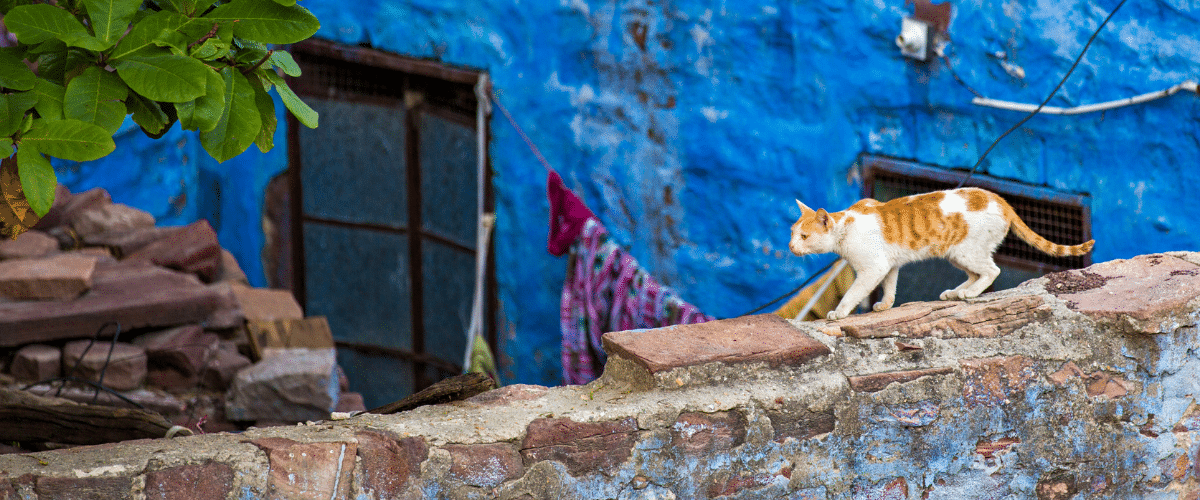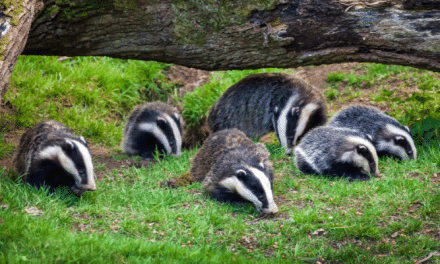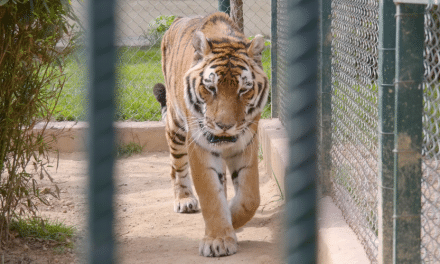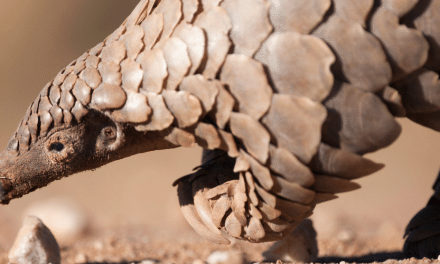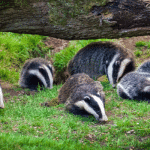By Adithi Rao, student at ILS Law College, Pune, India
During this pandemic, the Indian judiciary has been open only for urgent matters, which included a writ petition filed by a gentleman in Eranakulam, Kerala. Due to the rampant closures of lockdowns, the man experienced a specific problem in taking care of his pets. Fortunately, the details of his petition caught the attention of the bench sitting at the Kerala High Court, and they decided to hear the matter through video conferencing.
The gentleman who filed the petition owns three Persian cats, and these cats are dependant on a certain brand of cat food. Their preferred food contains a balance of required nutrients that help keep them in good health. Unfortunately, the owner needed permission for a vehicular pass in order to leave his house to buy his cats their favourite food, and the police rejected his application. He hoped that the court could intervene and grant him his vehicular pass since his cats’ wellbeing was in question.
The petitioner also shared that he was a vegetarian and would not cook meat at home.
After listening to the man’s plea, the court said that the Constitution of India was amended in 1960 in order to balance the rights given to the citizens of the country by assigning some duties. Article 51A(g) in Part IV of the Indian Constitution mandates that every citizen must protect and improve the natural environment, including forests, lakes, and wildlife, and to have compassion towards living creatures. Also, Section 11(h) of The Prevention of Cruelty to Animals Act 1960 states that any person being the owner of any animal who fails to provide such an animal with sufficient food, drink, or shelter shall be punished by fine. Hence, it is the duty of the petitioner to take care his cats and provide them with their food.
Also, regarding the petitioner’s vegetarianism, the court pointed to the fundamental right under Article 21 of the Indian Constitution of the right to choose one’s food. A vegetarian person cannot be forced to keep his pets vegetarian as well; it is his right to privacy and personal choice, recognised by the Indian courts.
The court also relied on the guidelines issued by the World Health Organisation of Animal Health (OIE), to which India is a member. The OIE recognises five freedoms for animals, including freedom from hunger, fear, physical discomfort, injury, disease, and to express normal patterns of behaviour.
In addition to these legal supports, the central government’s Covid-19 guildelines stated that “animal feed and fodder” were essential items, for which movement was permitted during the lockdown period. With both national, local, and international law on the petitioner’s side, the court granted the writ by directing the police authorities to permit the petitioner to travel to buy his cats’ their food.
Sources
1. W.P. (C). TMP-28 OF 2020
2. https://www.amazon.in/Me-O-Meo-Persian-1-1-Kg/dp/B00S162OHM
3. Animal Welfare Board of India v A. Nagaraja 2014 (7) SCC 547
4. Justice K.S. Puttaswamy (Retd) & Anr. V. UOI and Ors. (2017) 10 SCC 1
5. https://www.mha.gov.in/sites/default/files/Guidelines.pdf

